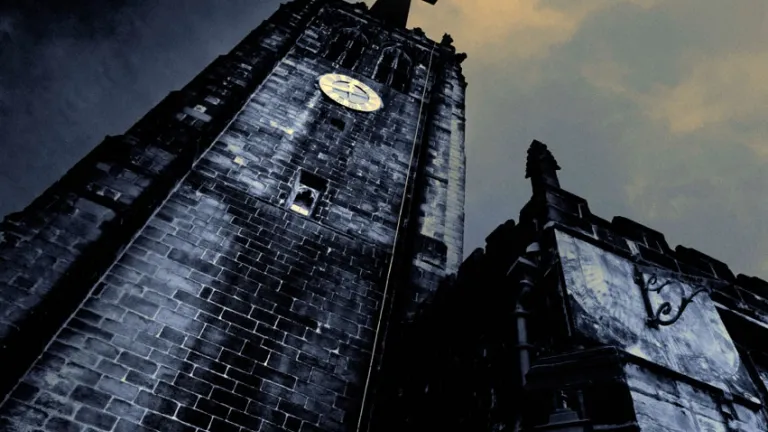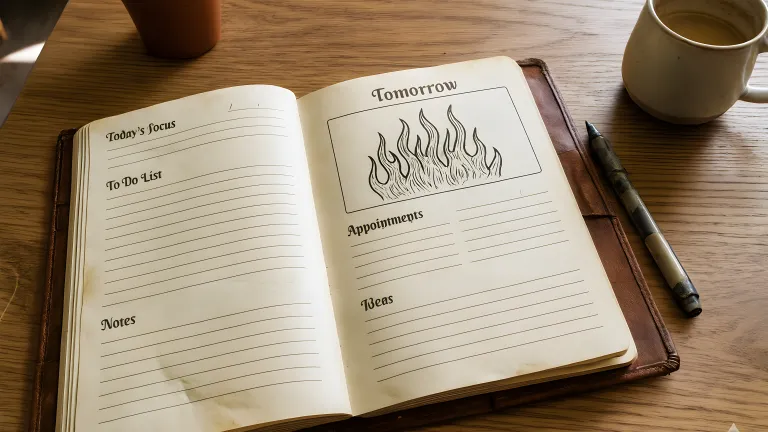Why Did Jesus Say to "Watch" for the Signs of His Coming?

Jesus Christ said to "watch" for the signs of His coming. Was this just a suggestion, or something more? And if we are to be watching, what should we be watching for?
In Matthew 24:42, Jesus Christ says, “Watch therefore, for you do not know what hour your Lord is coming.” He repeats this statement again in Matthew 25:13. What did He mean by this, and what exactly should we be watching for?
In order to understand these statements, we must get a little bit of context on the conversation Jesus was having with His disciples. In the first few verses of Matthew 24, the disciples were sort of "showing off" the magnificence of the Temple, which stood in Jerusalem at that time. Jesus told them not to be too amazed by it because it would eventually be destroyed (it was, about 40 years later).
It seems this took the disciples back a little bit, and perhaps they took some time to think more deeply about what Jesus said. They came to the realization that there were more important things in life than the physical buildings there in Jerusalem that they had admired so much. Perhaps this was on their mind when they came to Jesus a little later, outside the city and asked in verse 3, “Tell us, when will these things be? And what will be the sign of Your coming, and of the end of the age?”
Jesus sensed a change in their attitudes and saw a teachable moment. What was His answer to their question? Verse 4 tells us: “And Jesus answered and said to them: 'Take heed that no one deceives you. For many will come in My name, saying, "I am the Christ," and will deceive many.'”
This was likely not the answer they were expecting at the moment. Perhaps they were hoping He’d give them a physical sign, or perhaps even a timeframe or date for His return. Instead, He warned them not to be deceived. In fact, He goes on to warn them again in verses 23-26, “Then if anyone says to you, ‘Look, here is the Christ!’ or ‘There!’ do not believe it. For false christs and false prophets will rise and show great signs and wonders to deceive, if possible, even the elect. See, I have told you beforehand. Therefore if they say to you, ‘Look, He is in the desert!’ do not go out; or ‘Look, He is in the inner rooms!’ do not believe it.”
In addition to spiritual deception, Christ mentions that there will be disturbing events occurring on the world scene: “And you will hear of wars and rumors of wars. See that you are not troubled; for all these things must come to pass, but the end is not yet. For nation will rise against nation, and kingdom against kingdom. And there will be famines, pestilences, and earthquakes in various places” (Matthew 24:6-7).
This indicates that along with spiritual deception, there will be political and military conflict, as well as environmental disasters such as famine, pestilence and earthquakes. From there, religious persecution will quickly follow (Matthew 24:9-10). These will not be small localized issues, and in fact, in verse 8, we’re told, “All these are the beginning of sorrows.” Things will get so bad and so widespread, that, “unless those days were shortened, no flesh would be saved…” (Matthew 24:22). This time is referred to as the "great tribulation" in verse 21.
Because we’re warned about these widespread events, the command to "watch" includes to being alert to newsworthy events happening in the world we live in. When we see major shifts in the political climate, and see nations jockeying for position and preparing for war, we must take note! Likewise, we should be alert to potential biological and environmental disasters that we are told will happen in the end times.
Later, in verse 29, Christ does mention some physical signs that will be visible in the heavens: “Immediately after the tribulation of those days the sun will be darkened, and the moon will not give its light; the stars will fall from heaven, and the powers of the heavens will be shaken.” Note that this is immediately after a difficult time known as the tribulation (again, see verse 21), and just before His physical return in verse 30: “Then the sign of the Son of Man will appear in heaven, and then all the tribes of the earth will mourn, and they will see the Son of Man coming on the clouds of heaven with power and great glory.” While there will be signs in the heavens before Christ’s return, these occur just prior to His return, and after the great tribulation.
We see this emphasis to watch made again, this time, in the book of Revelation. Christ speaks of the seven plagues (also called bowls) that will come on the Earth just prior to His Second Coming. Revelation 16:15 says, “Behold, I am coming as a thief. Blessed is he who watches, and keeps his garments, lest he walk naked and they see his shame.”
Garments, or clothing, are used throughout Revelation as a symbol of spiritual faithfulness. Those who are spiritually faithful—not deceived—are depicted as wearing white robes, or robes that were washed clean with the blood of Jesus Christ (compare Revelation 3:4-5, Revelation 3:18; Revelation 4:4; Revelation 6:11; Revelation 7:13 and Revelation 19:13-16).
Christ says in Revelation 16:15, “Blessed is he who watches…” This means far more than just looking for signs in the heavens for Christ’s return. We need to keep an eye on events in the world around us and most importantly, be on guard against religious deception.
The return of Jesus Christ will happen quickly and unexpectedly, like a thief in the night. There is very little we can do about political, military and environmental events around the world. By the time the signs in heaven begin to appear, it will be too late if we’ve been spiritually deceived. What we can do now, however, is watch.
This command to "watch" from Jesus is an important one. Keep a close eye on your own beliefs, and how they align to what the Bible teaches, and you will be watching just as Jesus instructed!






